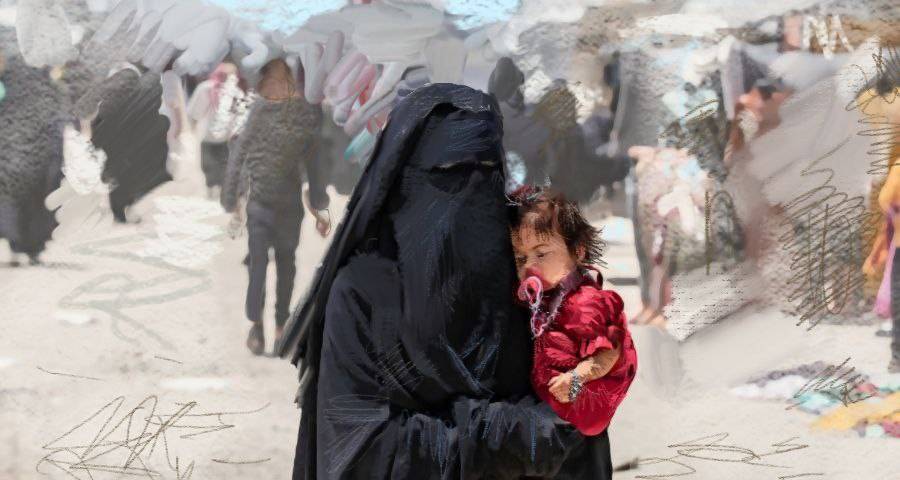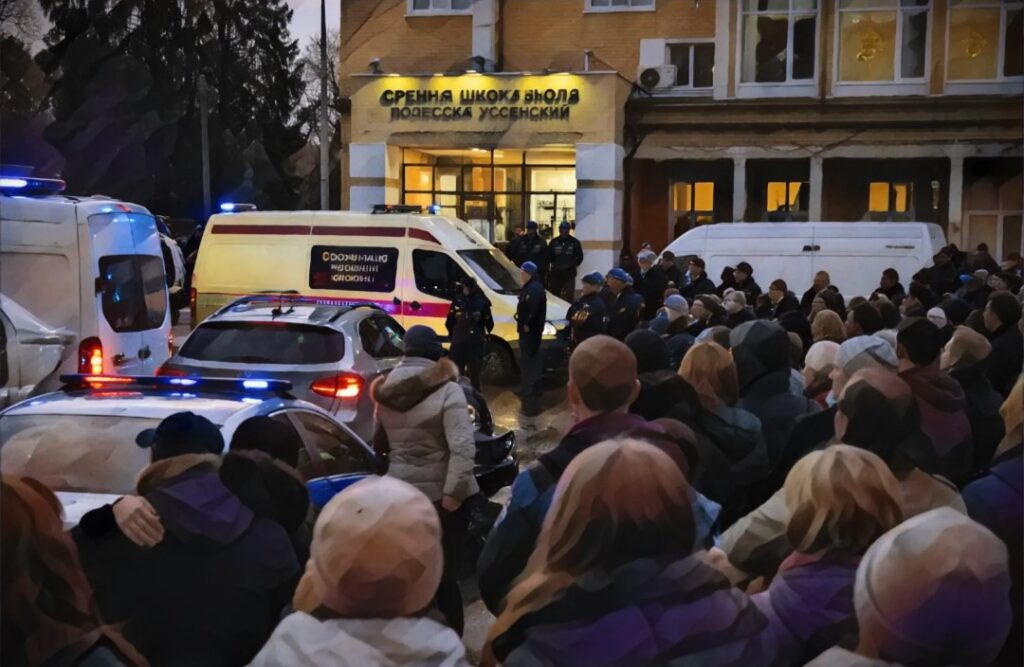UNICEF Uzbekistan reports that Kazakhstan, Kyrgyzstan, Tajikistan, and Uzbekistan are actively working to improve the support system for women and children returning from conflict zones, such as Iraq and Syria. In support of the European Union’s project “The second phase of EU-UN support to Central Asian states for their citizens returning from conflict zones,” delegations from the above met to discuss their shared experiences and means of providing necessary support and services for successfully reintegrating women and children into society.
Uzbekistan was one of the first countries in Central Asia to start repatriating its citizens from conflict zones. Since 2019, the country has undertaken several missions to return women and children stranded in conflict zones as part of operations known as “Mehr” (“kindness” in Uzbek). The “Mehr-1” and “Mehr-2” operations have enabled the Government of Uzbekistan to repatriate many of its citizens, and in cooperation with the government of Iraq and UNICEF, offer a safe haven in their motherland for children deprived of basic necessities such as food, clean water, and medical care while living in war zones and refugee camps. On their return, repatriated citizens are placed in special sanatoriums where they are provided with hot food, clothing, and the services of doctors, therapists, and teachers.
To date, Uzbekistan has successfully repatriated 531 citizens, including 331 children, 125 women, and 27 men. The country’s initiative has been praised internationally and noting its focus on the interests of children and supporting the family unity and society, Ní Aoláin, a UN expert has stateed that, “The Uzbek model of repatriation and reintegration provides a roadmap for other governments to return their nationals from conflict zones.”
Kazakhstan, likewise, has committed to the repatriation of its citizens from areas previously controlled by the Islamic State, and has launched operations “Jusan” and “Rusafa”, implemented with a high level of coordination between various government agencies, including national security services, diplomats, and the military. One of the most essential repatriations took place within the framework of the “Jusan” operation, launched in 2019. The name “Jusan” means bitter wormwood; native to Kazakhstan and a symbol of homesickness. Through this operation, hundreds of women and children were rescued from dangerous refugee camps in Syria, including the notorious Al-Hol Camp.
Maryam, one of the women repatriated during the “Jusan” operation, said that the “first time a delegation from Kazakhstan arrived was to collect data on Kazakh citizens in the Al-Hol Camp. They promised to come back for us soon. A month of waiting felt like an eternity to us.” According to women from the tent camp, the shortage of drinking water and provisions, essential medicines, and the unbearable heat aggravated the situation and led to constant conflicts between residents.
The humanitarian operations “Jusan” and “Rusafa” enabled the return of 725 people to Kazakhstan, including 188 women and 522 children, most of whom were under twelve years of age. Kazakhstan’s success in such operations has been attributed to the high level of investment by the state. According to Gabit Konusov, a researcher at the Institute of Modern Studies of the Eurasian National University, the country’s government did not involve foreign donors in its humanitarian operations. Konusov, however, does not believe that finances were the sole key.
On November 27, 2019, fourteen children of mothers imprisoned in Iraq were returned to Kazakhstan under Operation “Rusafa”. Finance played a significant role, but as Aruzhan Sain, former Commissioner for Children’s Rights in Kazakhstan, noted: “As part of these operations in Syria and Iraq, children left without parents were subjected to DNA testing. As a result, we were able to return the children to our country.”
Tajikistan has also made significant progress in repatriating its citizens from conflict zones. Between 2019-2023, the country repatriated over 300 women and children from Iraq and Syria, and in April 2024, forty-seven Tajik citizens were returned from Syria. As in other Central Asian countries, Tajikistan’s repatriation process aims to reintegrate these individuals into society and ensure their long-term well-being, and the Tajik authorities have worked closely with international partners to provide returnees with medical, psychological, and educational support.
The Kyrgyz government stopped repatriating its citizens from Iraq in March 2021 after 79 children were returned home. This pause was due to the Iraqi government’s refusal to release Kyrgyz women serving long term prison sentences. Kyrgyzstan has henceforth turned its attention to the repatriation of citizens from the Al-Hol and Raj refugee camps in northeast Syria, where women and children are not forcibly detained. On February 20, 2024, as a result of another operation, Kyrgyzstan returned 28 women and 71 children from camps in northeast Syria. A total of 511 Kyrgyz citizens – 129 women and 382 children – have been repatriated from Syria and Iraq, and in June of this year, Kyrgyzstan returned another eight women and 14 children from Syria.
Although both Kazakhstan and Uzbekistan provide weighty economic and social support to the women upon their return, including costs for professional education, grants to start businesses and even housing subsidies, all four of these countries share a united approach and priorities regarding social and economic support for repatriated citizens.









